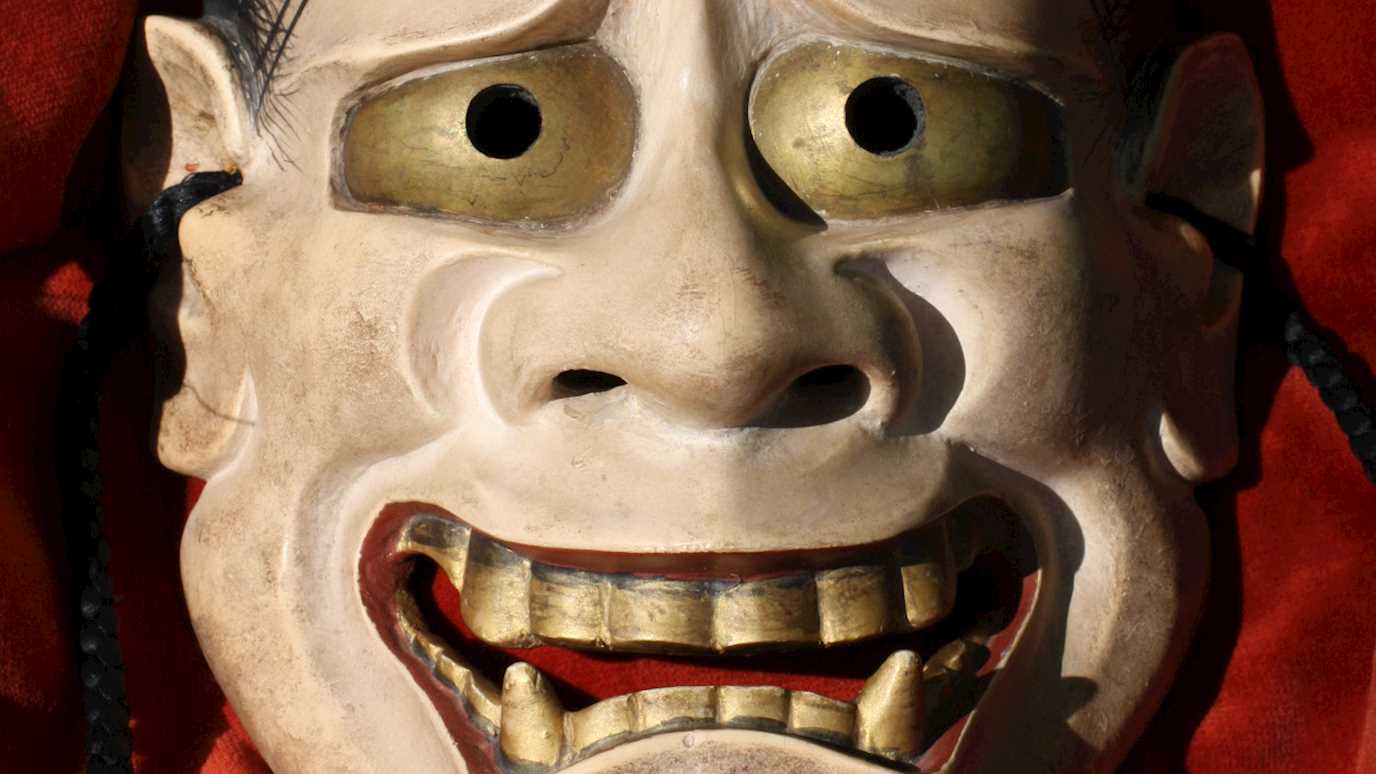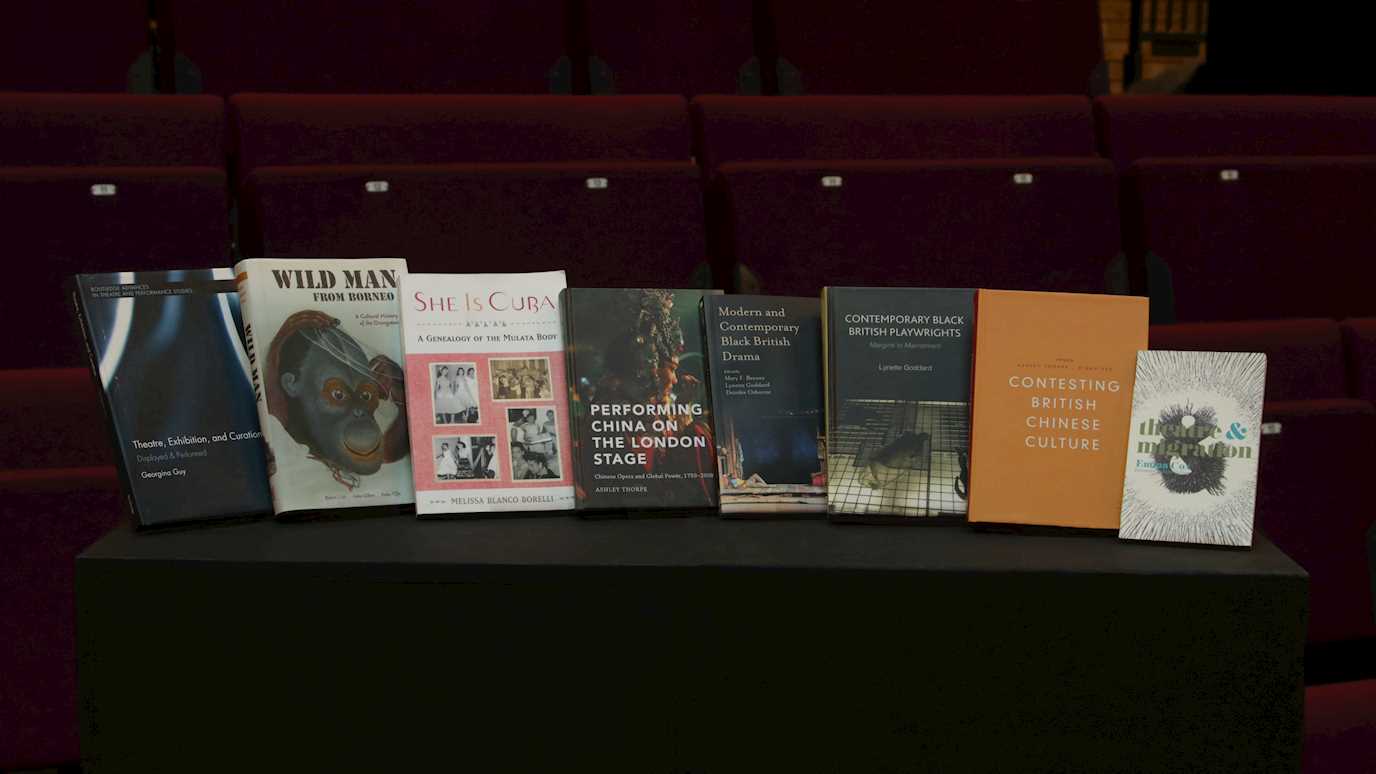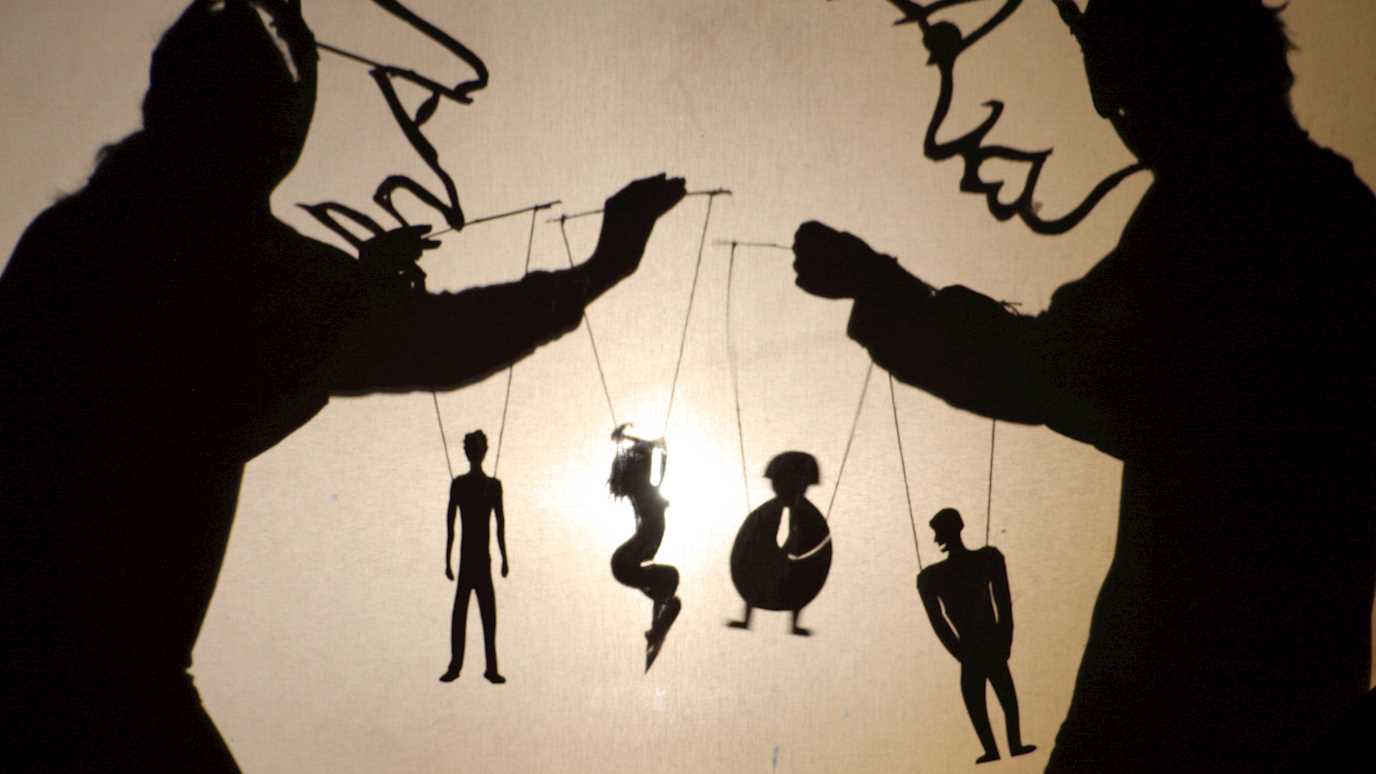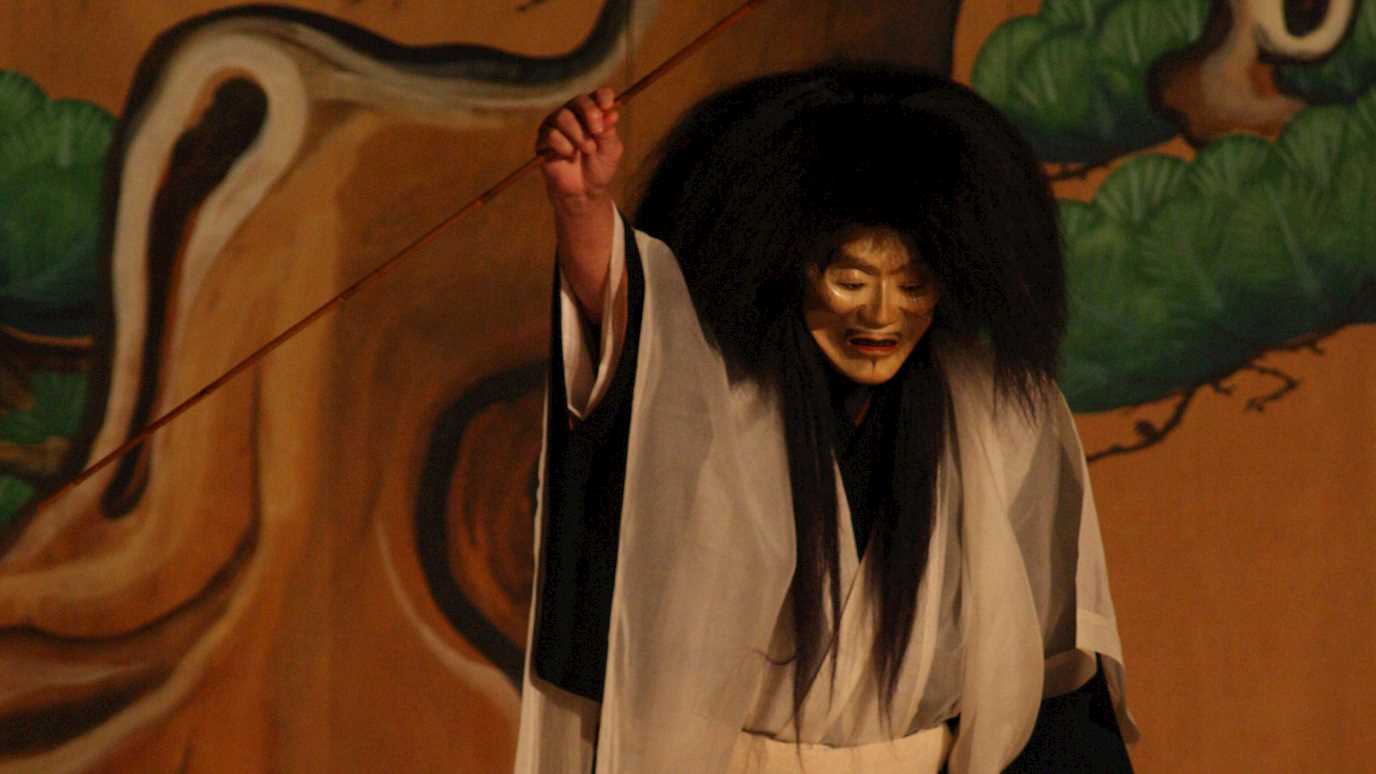We have a well established reputation for historiographical research into theatre histories and we have developed and cultivated new strengths in research into museums, curation practices, and performance and new approaches to archiving practices and cultural heritages.
Research and Researchers
Researchers
Emma Cox's research is concerned with the representation and participation of refugees and migrants in theatre, film and activism.
Helen Gilbert's internationally oriented research falls into two intersecting strands: arts-based environmental activism and postcolonial theatre and performance. She has a special interest in the arts and politics of marginalized communities in Australia, the Pacific, the Americas and South Africa, and works with a range of Indigenous performance-makers to co-curate their work in festivals and exhibitions in Europe. Her current focus is on local and global initiatives in eco-activist performance, particularly in reference to climate change, environmental justice and sustainable uses of water.
Georgina Guy's research centres on the exhibition as a dynamic context in which established traditions of display and performance interact.
Bryce Lease's research interests are the interconnections between cultural memory, difficult histories, politics, nascent democracies, nationalism, counterpublics, gender, sexuality and cultural geography.
Sophie Nield works on questions of space, theatricality and representation in political life and the law, and on the performance of ‘borders’ of various kinds.
Prarthana Purkayastha is an interdisciplinary researcher working on the intersections of dance studies, performance studies, history, cultural studies and critical theory. Her research specialisms include: contemporary dance and dance theatre, feminist performance practices, South Asian and British Asian dance and theatre, identity and corporeality (specifically in relation to race, gender and sexuality), and embodied colonial and postcolonial histories.
Will Shuler's research interests include theatre history, especially ancient Greek and early Western theatre.
Current Research
Emma Cox is writing a monograph on cultural and performance histories associated with human remains and developing her work on forced migration and visuality.
Helen Gilbert is writing a monograph on Indigenous performance and cultural resilience in a range of countries and regions.
Georgina Guy is editing The Routledge Companion to Documenting Performance and a special issue of Contemporary Theatre Review on ‘Hear Tell: Describing, Reporting, Narrating.’
Bryce Lease is PI on an AHRC funded project ‘Staging Difficult Pasts’ in partnership with the Cricoteka and Kraków Ethnographic Museum to rethink their approaches to data archiving and curation practices. He is co-editing a special issue of Contemporary Theatre Review on ‘Outing Archives/Archives Outing.’
Dick McCaw is working on a project about the career of Rudolf Laban, drawing from documents in the Brotherton Library.
Prarthana Purkayastha is writing a monograph with the working title Dance Remains, which offers a decolonial reading of visual and material archives - popular and elite, British colonial and South Asian, public and intimate - to narrate the lives of illegitimate dancers, courtesans and sex-workers from India who propose alternative modes of moving in the worlds of Empire and postcolony. She is also co-editing The Oxford Handbook to Indian Dance.
Elizabeth Schafer is writing a theatre history of The Merry Wives of Windsor in Performance and a monograph about director Phillipa Lloyd. She is also collaborating with Richard Cave on a scholarly edition on Richard Brome.
Will Shuler is developing a monograph that examines ancient Greek theatre as a tool which contributed to common knowledge in ancient Athens.
Doctoral Students
Current
Anna Meademore ‘The Early Career of Ninette de Valois (1898-2001).’ (Supervised by Libby Worth).
Sonny Peart ‘Early Modern Theatre Entrepreneurs.’ (Supervised by Elizabeth Schafer).
Recent
David Bullen ‘Performing the Feminisms of Euripides.’ (Supervised by Elizabeth Schafer). Awarded 2019.
Tania El Khoury ‘The Audience Dug the Graves: Interacting with Oral History and Mourning in Live Art.’ (Supervised by Sophie Nield). Awarded 2018.
Maire MacNeill ‘The Sword as a Didactic Tool on the London Comic Stage, 1660-1740.’ (Supervised by Elaine McGirr). Awarded 2016.
Mike Punter ‘The Magical Body on the Stage : Henry Irving Reconsidered.’ (Supervised by Gilli Bush-Bailey). Awarded 2014.
Romany Reagan ‘Abney Rambles: Performing Heritage as an Audio Walking Practice in Abney Park Cemetery.’ (Supervised by Helen Nicholson). Awarded 2018.
Sara Reimers ‘Casting and the Construction of Gender in Contemporary Stagings of Shakespeare.’ (Supervised by Elizabeth Schafer). Awarded 2017.
Peggy Shannon ‘Catharsis, trauma and war in Greek tragedy: An inquiry into the therapeutic potential of Greek tragedy with special reference to the female experience.’ (Supervised by David Wiles). Awarded 2015.
Eve Smith ‘Private Passions, Public Archives: Approaches to the private collector and collection of theatrical ephemera in the context of the public theatre archive.’ (Supervised by Gilli Bush-Bailey). Awarded 2016.
Will Shuler ‘The Teaching Theatre of Ancient Athens.’ (Supervised by David Wiles). Awarded 2015.
























